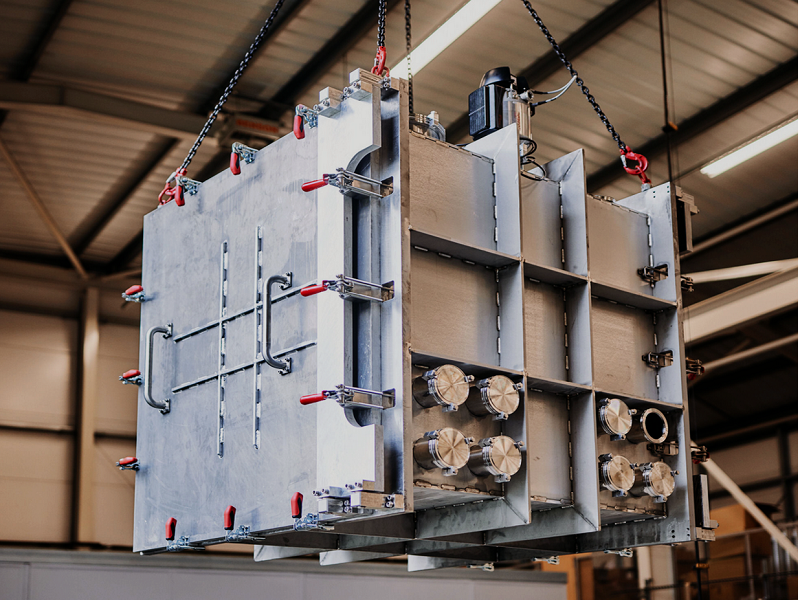Australia missed out on bringing Intel to Australia in the 1990s, but it now has an opportunity to secure access to a frontier technology through PsiQuantum, according to Industry minister Ed Husic.
Mr Husic invoked the long-lost deal with the American chip giant while defending the government’s controversial $470 million quantum investment during debate on the Future Made in Australia Bill in Parliament on Wednesday.
“We’re in a race in the world to build the first fault-tolerant quantum computer that can be used by industry to crack problems that current computing power can’t crack,” he told the chamber.

“We had two Queenslanders who are recognised as global leaders step forward. There are countries way bigger than ours that are chasing this technology, and we, Australians, are in front to be able to do that.”
The investment in PsiQuantum has featured heavily in debate about the bill over the past week, with opposition and independent MPs criticising both the decision and opaque process that led to it.
Among the concerns raised are that the equity and grants for the Californian startup bypassed assessment under the new nation interest framework, which will apply to all future FMiA investments once the bill has passed through Parliament.
The selection of US firm has been mired in controversy since it emerged that the government conducted a secretive market test last year — and only after months of due diligence had been conducted.
With an election on the horizon in Queensland, Mr Husic took aim at Queensland Liberal National Party MPs for refusing to “back Queenslanders building frontier technology in this country” that would ultimately “supercharge our economy”.
Mr Husic said Australia had missed an opportunity at the end of last century, when the Howard government walked away from a $2 billion deal with Intel to bring the computer chip industry to Australia.
Amid high demand for silicon chips, Intel’s then-president Craig Barrett approached the government in 1998, asking for generous tax concessions and financial incentives to build a fabrication plant in Australia.
But former prime minister John Howard faced resistance from within, including from the then- treasurer Peter Costello and then-communications minister Richard Alston, and the deal ultimately fell apart.
Mr Husic said that the Howard government disinterest in Intel setting up a fabrication plant in Australia had not aged well. In 2024 alone, global semiconductor revenue is projected to grow almost 17 per cent to $624 billion, according to Gartner.
“We were approached by Intel, the maker of chips, who wanted to set up their fabrication here, and John Howard, said ‘Not interested’. Wow, that decision aged well. And now, with PsiQuantum, formed by two Queenslanders, all we’ve had from those opposite… is criticism.”
Mr Husic said that the investment in a frontier technology like quantum computing and the broader FMiA agenda was about “avoiding and learning from the mistakes of the past” instead of repeating them.
“… Frontier technology will mean a lot to future economic growth. It will position us in a way where we make the technology to build a stronger economy,” he said, adding that the FMiA plan is about “building up our capabilities, making more things here and creating good jobs”.
Mr Husic also drew comparisons between the PsiQuantum investment and the former government’s multi-billion-dollar deal with Moderna to bring a mRNA manufacturing facility to Victoria.
He said the government’s approach the investment — consulting and negotiating with Moderna while doing an expression of interest — was “exactly the way they [the opposition] worked when they brought Moderna to Australia”.
“They criticised us, saying we backed PsiQuantum instead of local firms, and yet they chose Moderna over CSL, an Australian firm. They did that. And their investment in Silicon Quantum Computing was also delivered as a result of similar processes that delivered these decisions.”
Do you know more? Contact James Riley via Email.

